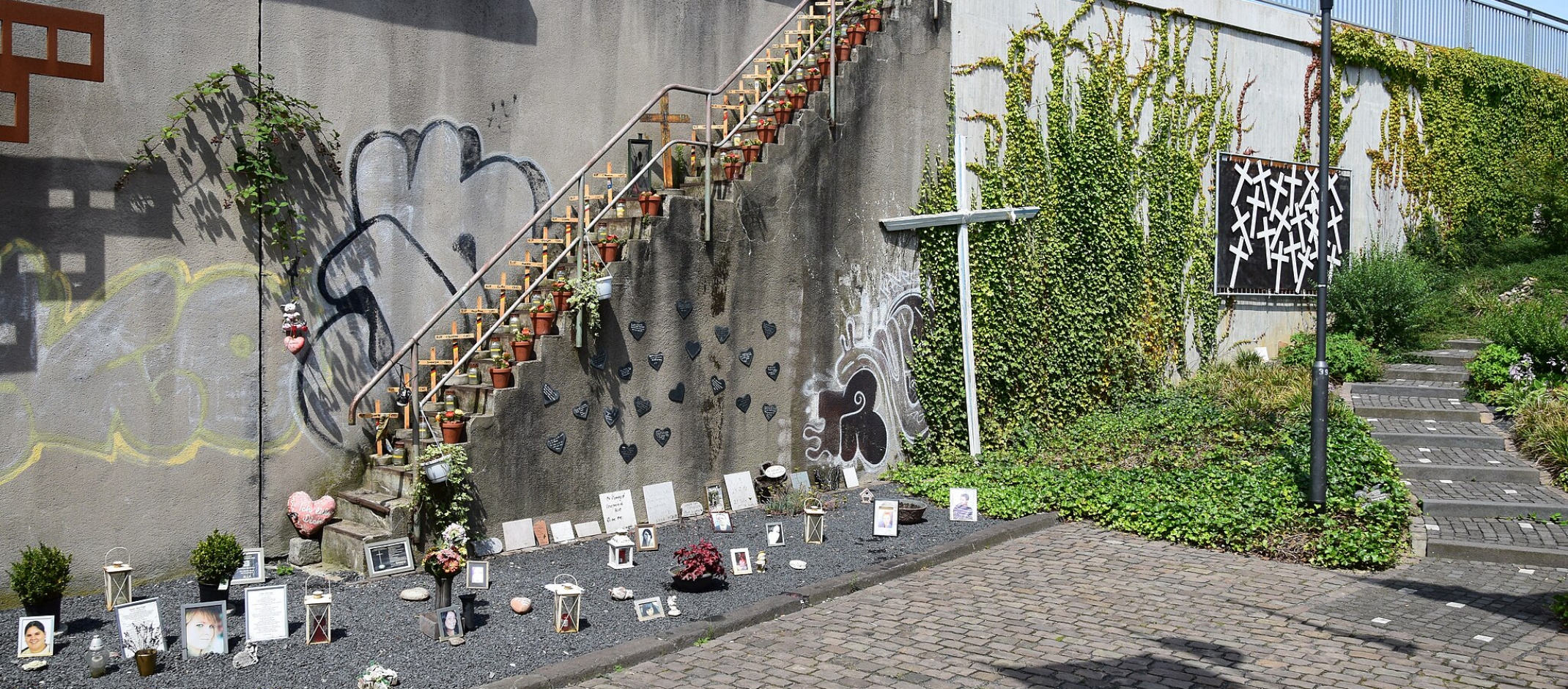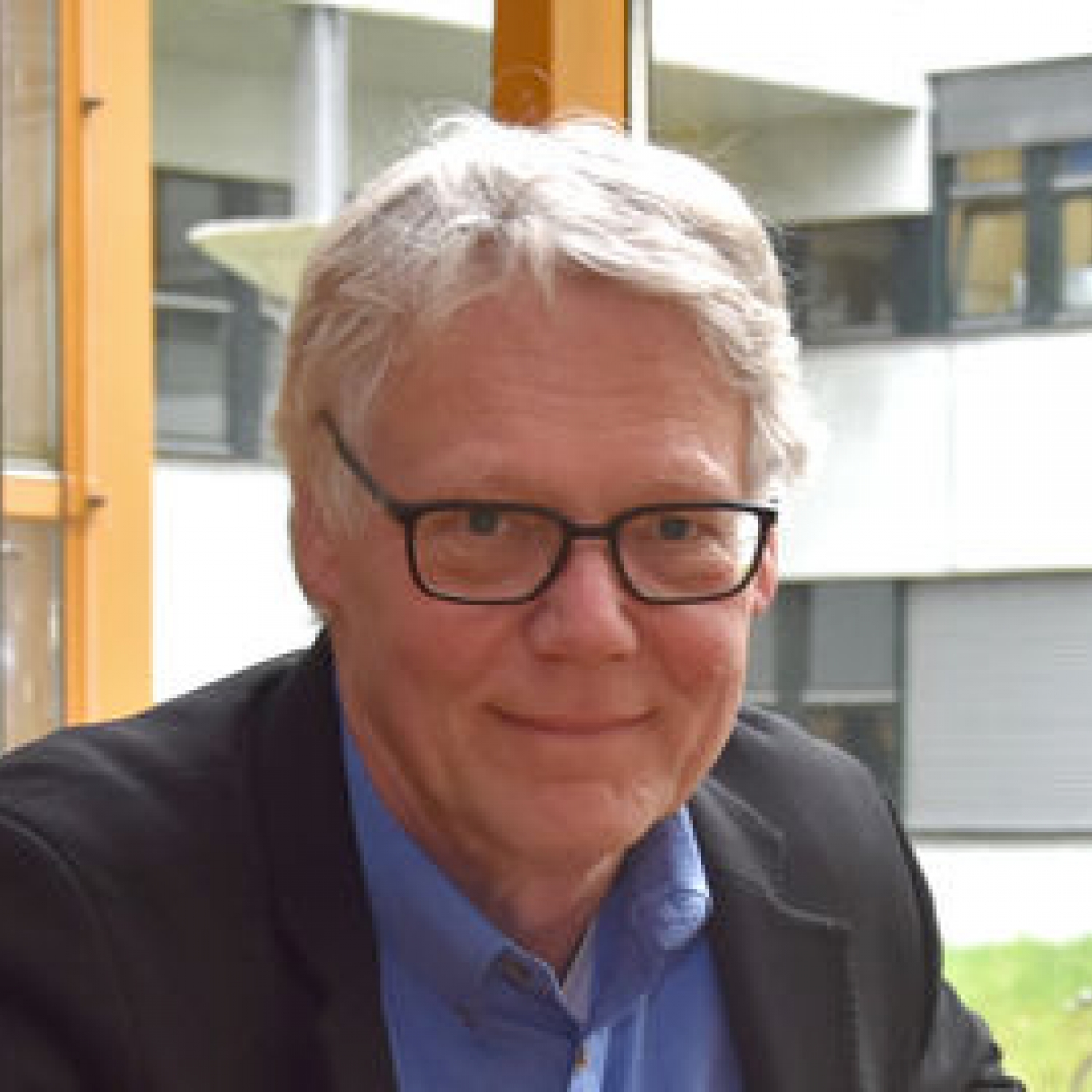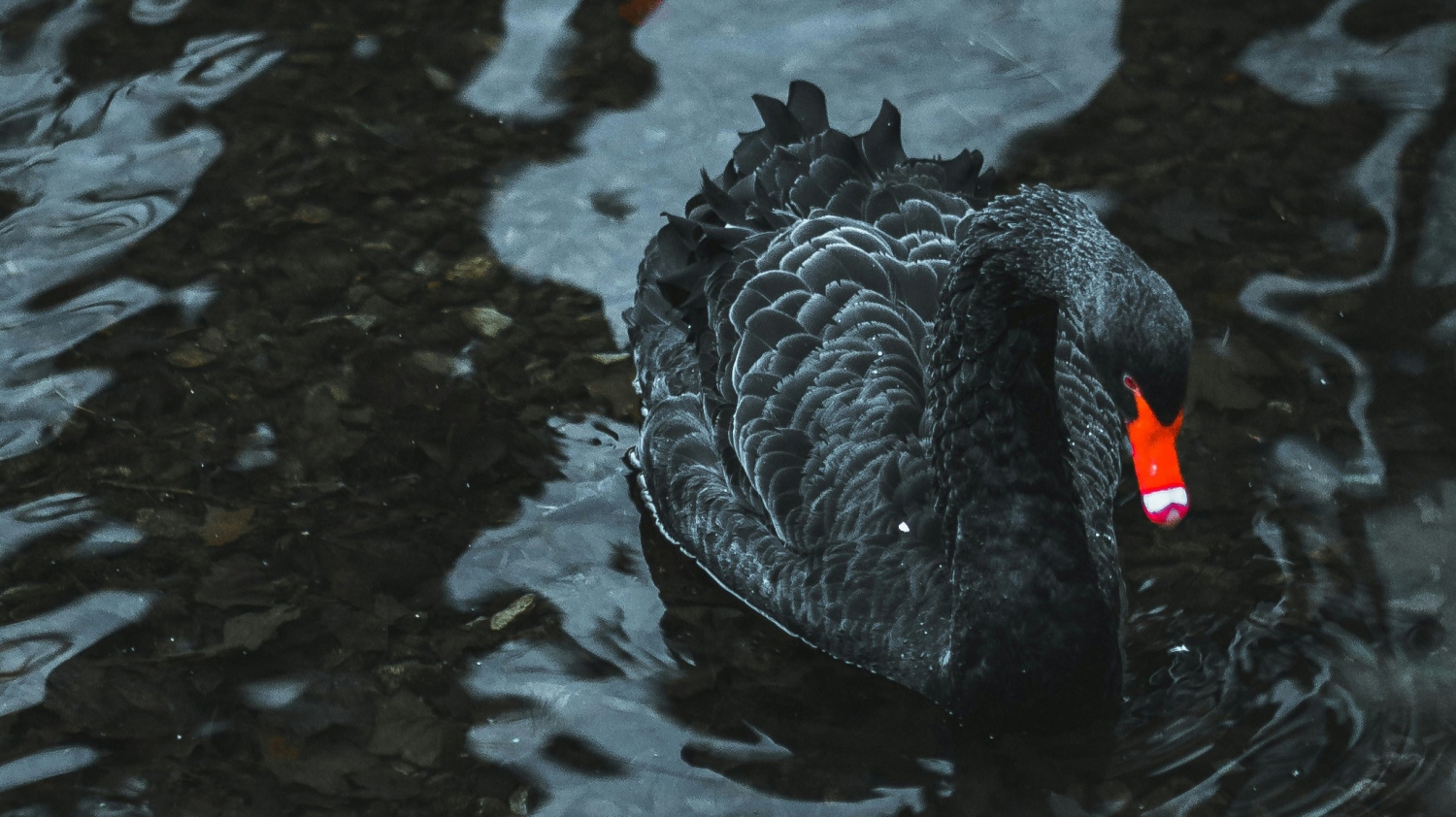Taking risks with research

Research is a fundamentally risky business based on the principle of trial and error. Konstanz-based politics and public administration researcher Wolfgang Seibel's understanding of research theory reflects Karl Popper's theory of critical rationalism, which proposes that researchers are unable to fully verify their theories or hypotheses. Popper called his methodological alternative "falsification", a term which is now commonly used in academic language. The concept describes gaining knowledge by using counterexamples to refute established generalizing statements. Sometimes it is possible to fundamentally shake such statements using a single counterexample. Popper's prime example is the black swan. If you find just one, then you can throw out the conventional assumption that "all swans are white".
No easy task: finding black swans
According to Seibel, however, two aspects make the search for such striking counterexamples riskier than research seeking to support variants of established descriptive or causal-analytical hypotheses. Firstly, falsification may not be possible because there is a lack of reliable evidence. Secondly, it is especially difficult to justify the generalizability of findings precisely because the relevant evidence is so rare.
In his title "Black Swans in Public Administration: Rare Organizational Failure with Severe Consequences", Wolfgang Seibel's research project tips a hat to Karl Popper while also referring to a modern classic of social science theory, Nassim Taleb's book "Black Swans. The Impact of the Highly Improbable" which was first published in 2007. Seibel's work is funded by the German Research Foundation (DFG) as a Reinhart Kosellek Project. The DFG funding guidelines state that projects funded through this programme must be risky in a positive sense.
Data collection in adverse circumstances
The factors that increase the risk of a research project can vary depending on the subject. Where, in the natural sciences, it may be untested experimental techniques that do not lead to the desired goal, in the social sciences, it may be data collection that can pose insurmountable problems. For Wolfgang Seibel's Reinhart Koselleck Project, the risk is gathering data in adverse circumstances.
He studies the rare cases of serious failure in public administration which result in massive damages, including injuries and lost lives. Wolfgang Seibel's research team documented and analyzed catastrophes such as the Loveparade in Duisburg that claimed 21 lives, or the background for the collapse of structures like the West Gate Bridge in Melbourne that also led to fatalities and were the result of disastrous mistakes by public administrations. This research was published in his 2017 book written together with Kevin Klamann and Hannah Treis, "Verwaltungsdesaster. Von der Loveparade bis zu den NSU-Ermittlungen" as well as in his open access monograph "Collapsing Structures and Public Mismanagement", which was published in 2022.
In all these cases, the people involved were very reluctant to talk about the events, which made it difficult to study them scientifically. Wolfgang Seibel and his team were somewhat on the safe side when it came to using data from existing data sets. These were usually well-documented cases in which commissions of inquiry, courts or independent expert commissions had already examined the matters. Unlike researchers, commissions of inquiry and courts are able to summon and swear in witnesses, for example. While using such data, however, researchers may have to live with the handicap that the questions the data answer may not correspond to what the researchers are studying.
No expectation of being welcomed with open arms
The situation is quite different when data is collected for the black swans project itself.

"You simply can't expect those responsible for these catastrophic mistakes to welcome your inves-tigation with open arms."
Wolfgang Seibel
There are many hurdles to manage along the way. One of Seibel's former team members encountered "stubborn resistance, especially from the Federal Ministry of Finance and the Federal Ministry of the Interior and Community" as she examined failures in combating money laundering in Germany. In some cases, members of the law enforcement agencies or heads of ministry directorates withdrew interview offers they had made or only promised interviews after long hesitation, only to then meticulously adhere to the official explanations of their institutions in the interview.
At long last, the doctoral researcher's patience was rewarded with the equivalent of 10,000 pages of extensive correspondence between the two ministries that she had requested on the basis of the Freedom of Information Act (IFG). In this case, too, the leader of the project notes: "One of the risks of this kind of investigation is that the people you want to learn something about are reluctant to provide you with information if they realize that they themselves will not appear in the best light."
Ethical questions play a role, too
Ethical considerations, too, can mean that some projects prove impossible to implement. This is true, for example, when field research is planned to take place in countries where the physical safety of project staff cannot be guaranteed. The black swans project, for instance, also includes investigations into inadequate road safety in South Africa. The country's "mini-taxis" play a major role in the poorly functioning transportation system, especially in townships. The vehicles cause a lot of accidents, and the country's rate of traffic deaths is almost as high as its murder rate. What's more, in agglomeration centres such as Cape Town or Johannesburg, the mini-taxi companies are organized in cartels with almost criminal structures.
These cartel structures and what is known as turf wars, i.e. armed conflicts between the cartels, are common knowledge, without the police and public administration being able or willing to do much about them. It is out of the question to send in project staff to investigate this kind of environment. "The risk of looking into exactly who is behind this situation and trying to report on it critically, is one you just can't take in this case," Wolfgang Seibel explains. Researchers are no better off than journalists in this regard.
But of course there are other obvious reasons why field research is nearly impossible. During a preliminary study, Wolfgang Seibel visited South Africa on a fellowship from the Stellenbosch Institute for Advanced Study, which led to the establishment of a research group with South African researchers and practitioners.
"I would not get far with my data collection, if I, as a white European professor, showed up in South African townships."
Wolfgang Seibel
A "half-failed" sub-project
Generally speaking, field research remains a sensitive matter. This work even proved difficult for a local member of the research team. Wolfgang Seibel explains how a collaboration partner, a postdoctoral researcher from Rwanda with South African citizenship, did not feel at home in the township. Under such circumstances, it is out of the question to even engage in low-level field research and participatory observation. Seibel speaks of this experience as a "half-failed project where I could not go as far as I would have liked".
In the context of Reinhart Kosellek Projects, the German Research Foundation (DFG) provides funding for researchers who know from experience just how far they can go in accepting the risks posed by implementing complex research projects. Wolfgang Seibel sees it this way:
"In principle, those of us who are experienced researchers can afford not to achieve what we had planned. I believe that it is at least as important – if not even more so – to encourage younger researchers to take such risks in their work. We should spur them on and create corresponding funding programmes for them."
Wolfgang Seibel
Header image: Love Parade Memorial. Copyright: RundschauDuisburg from Duisburg, Germany, CC BY-SA 2.0, https://creativecommons.org/licenses/by-sa/2.0, via Wikimedia Commons

